You need to read these books immediately
a.k.a a wrap up of my three favourite reads from October and November
A very belated post of the wonderful books that came into my life in October and November.
All the Beauty in the World: A Museum Guard’s Adventures in Life, Loss and Art by Patrick Bringley
I started the month of October with this book as soon as it came through the post. I am very fortunate to have amazing friends who indulge my reading habit, so for my birthday one of them decided to get me a 3-month subscription to Mr B’s Emporium.
As soon as I saw this book and read the blurb, I knew that it was the perfect book for me. I finished it in under 24 hours because it was so captivating; I hung on to every word. Thank you so much to Laura, the wonderful person from Mr B’s who chose this book for me. I don’t know how you knew this is something I would love to read, and honestly something I really needed to read in this moment but I am so grateful. I am convinced you have magical powers.
Having just been in New York, the Met was fresh in my memory and so easy to picture as I read this book. But this book is about more than just the Museum. It is also a deliberation on the processing of grief - about how his brother’s death led the author, Patrick Bringley, to completely change his life by quitting his high-powered job and applying to be a museum guard at the Met.
“This time, I arrive at the Met with no thought of moving forward. My heart is full, my heart is breaking, and I badly want to stand still awhile.”
Bringley speaks about grief in this book in a raw and honest but tender way. He holds a lot of space to reflect on what grief is and how it can affect you. His description of grief is among one of my favourites because it captured exactly how grief can be so disorientating and can make you feel like you’re living in a completely different world to the one you had inhabited before. And more likely than not, it’s because the world has changed for you, but everyone else seems to be living their normal lives. How does one go back to “normal life” when the sands have so permanently shifted beneath them?
“Grief is among other things a loss of rhythm. You lose someone, it puts a hole in your life, and for a time you huddle down in that hole.”
“I had lost someone. I did not wish to move on from that. In a sense, I didn’t wish to move at all.”
The book spans ten years in total, and when we end, we do so with Patrick Bringley in a different place. He is changed by being in proximity to so much incredible art - and I think the key thing here is that the way he sees and consumes art allows him to go beyond appreciating it to letting the art speak to him and him speak back to the art.
“I am sometimes not sure which is the more remarkable: that life lives up to great paintings, or that great paintings live up to life.”
Without quoting the entire book to you, I am sure you can tell that this book resonated with me deeply, and has encouraged me to view art in a different way. I am so grateful to Patrick for sharing his very personal and vulnerable story with us, for sharing his reflections and theories on the artworks and incredible pieces that sit in the Met and for making art feel more accessible by viewing it through the lens of both grief and life.
I hope to take this book with me when I am next at the Met, and Patrick’s approach to consuming what we see in museums every time I am in one. If any of these quotes or themes resonate with you, I would recommend picking this book up.
“The Met is a place where with your own eyes, you can see what fellow fallible humans have made of the world that you live in. You’re qualified to weigh in on the biggest questions artworks raise.”
Blood Over Bright Haven by M.L. Wang
With this book, M.L. Wang has cemented herself as one of my favourite authors of all time. I read ‘The Sword of Kaigen,’ a standalone Japanese-inspired military fantasy story in 2021 and promptly started recommending it to everyone who was fantasy-inclined. Or to be honest, anyone who was reading-inclined.
I will be doing the same with her new book, ‘Blood Over Bright Haven.’
In this story, we follow Sciona, who lives in the advanced industrial city of Tiran. She is a young woman who is about to take the most important test of her life, one she has been preparing for in earnest and one that could change her life, not to mention the lives of many others. However, as she does so, she begins to uncover the uncomfortable secrets about what is propelling Tiran forward and providing the citizens of Tiran the protection they need from the dangerous environment surrounding it. Her lab assistant becomes another reason for her to question what she has been told and what she has accepted as the truth. His name is Thomil and he belongs to an refugee community called the Kwen. However, the Kwen are second-class citizens in Tiran which has always been explained away by the narratives in Tiran by the Kwen’s “objective” inferiority to the Tiranese.
This book would be an incredible addition to a literature class curriculum and a fantastic book to discuss as part of a book club (which I did). Its power lies in its subtle metaphors that give you the ability to reflect on the world we live in today - a paradigm to think about a variety of topics from gender discrimination, racism, apartheid, refugee rhetoric (and in fact, how some refugees are more palatable than others), institutional and structural systems of discrimination and oppression, power and privilege to established narratives of “truth”, and so so much more. The second power this book has is a very flawed character in Sciona, who while being a victim to the patriarchal and misogynistic ways of Tiran, is also complicit in the oppression of other people which is something that she is unaware of because she accepts that the system is right.
When I read the book, I immediately began to compare it to ‘Babel or The Necessity of Violence’ by R.F. Kuang which delivers a similar message - but in a much more blunt and forceful way.
Both books are incredibly well-written, have a dark academia vibe with intricate magic systems and interesting characters and I love both but for different ways and different reasons. In ‘Blood Over Bright Haven’, M.L. Wang allows the reader to come to their own conclusions which I think is a very difficult skill to master as an author and something I really appreciated because it let my mind bring in so many real-life examples whereas ‘Babel or The Necessity of Violence’ takes you on a journey through the very specific lens of imperial control and colonial resistance. I wouldn’t be able to pick one over the other though, because I think they have reinforcing effects and are so powerful when you read them as being in conversation with one another.
While this doesn’t take away from the book, ‘Blood Over Bright Haven’ did make me reflect on the conditions necessary for resistance against a system to be successful. In the story, resistance to an oppressive system becomes more or less an individual pursuit, which I understand may have been necessary because it was a standalone novel and may have only had that scope in mind. I would have loved to see this be a series, though, and to see a more collective approach. But really, I’m just nitpicking here.
“Testing women is considered a waste of resources based on the fact that a woman’s never passed. They only trot out a female hopeful once in a while to prove the truism. If I fail, I’ll be that proof.”
“Truth over delusion. Growth over comfort. God over all.”
Stolen Focus: Why You Can’t Pay Attention - and How to Think Again Deeply by Johann Hari
I started this book in January because of an amazing community of readers I was a part of at the time called Rebel Book Club. It has taken me 10 long months to read this book because I wanted to digest information slowly and to feel all the feelings I had in response to the insight I was gaining.
In this book, Johann Hari positions the loss of attention and focus as a systemic issue that individuals fall prey too, rather than an individual problem of will power, motivation and determination. He speaks of the various systems acting in concert to distract us, how attention has become commoditised for profit and the implications this has for us as a society.
“I don’t think it’s a coincidence that this crisis in paying attention has taken place at the same time as the worst crisis of democracy since the 1930s. People who can’t focus will be more drawn to simplistic authoritarian solutions - and less likely to see clearly when they fail”
There are twelve reasons overall that the book enumerates and investigates as the reasons behind this theft of attention from feeling the pressure to multi-tasking, high-stress, fast-paced lives to the insidiousness of algorithms, incessant innovation for profit over people as well as environmental triggers like diets and pollution.
I was aware before of how social media, apps, websites, etc were using neuroscience to both gain more eyeballs as well as extend usage time. However, I wasn’t aware of two things happening in parallel: a more sophisticated way to capture attention that coincided with a deteriorating ability to repel these efforts. I was also unaware of how incremental the changes have been that have led to social media usage and doom-scrolling becoming addictive and inevitable. For example, the introduction of something as simple as infinite scroll leads to people spending 50% more time(!) on websites and apps.
Ultimately, there is a plethora of things acting in concert to steal focus that feel outside of the remit of an individual to counter on their own. This is something known to those who work in tech and who advise those who work in tech, who falsely sell solutions of personal willpower and individual lifestyle changes.
“In Hooked he [Nir Eyal] talks about using ferociously powerful machinery to get us ‘fiendishly hooked’ and in ‘pain’ until we get our next techno-fix. Yet in Indistractible he tells us that when we feel distracted by this machinery, we should try gentle personal changes.
Luckily there are others who are trying to create system change - to hold those companies and policymakers are the heart of these problems to account. However, as you can imagine, this is a Sisyphean task, especially to motivate people in power to make decisions that might reduce their power or profit or both.
While the book really feeds your inner cynic, it’s an essential read to give you a more agency in a system of systems that are being ill-designed for our physical and mental health and well-being.
“One day, James Williams – the former Google strategist I met – addressed an audience of hundreds of leading tech designers and asked them a simple question. ‘How many of you want to live in the world you are designing?’ There was a silence in the room. People looked around them. Nobody put up their hand.”
Wishing you all happy reading.
Until next time,
Ishani





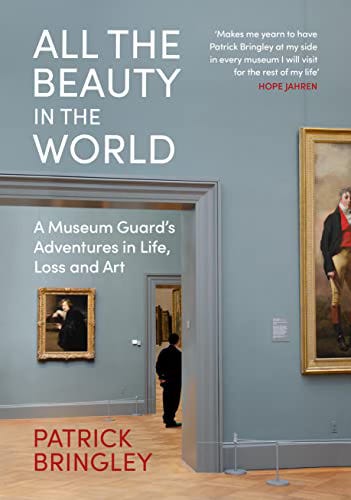
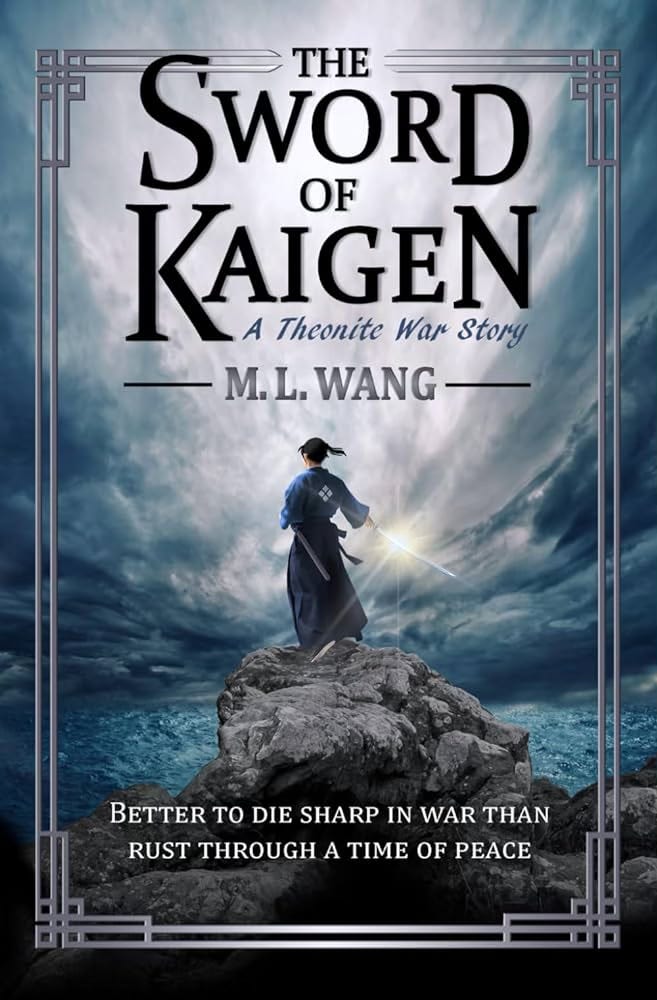
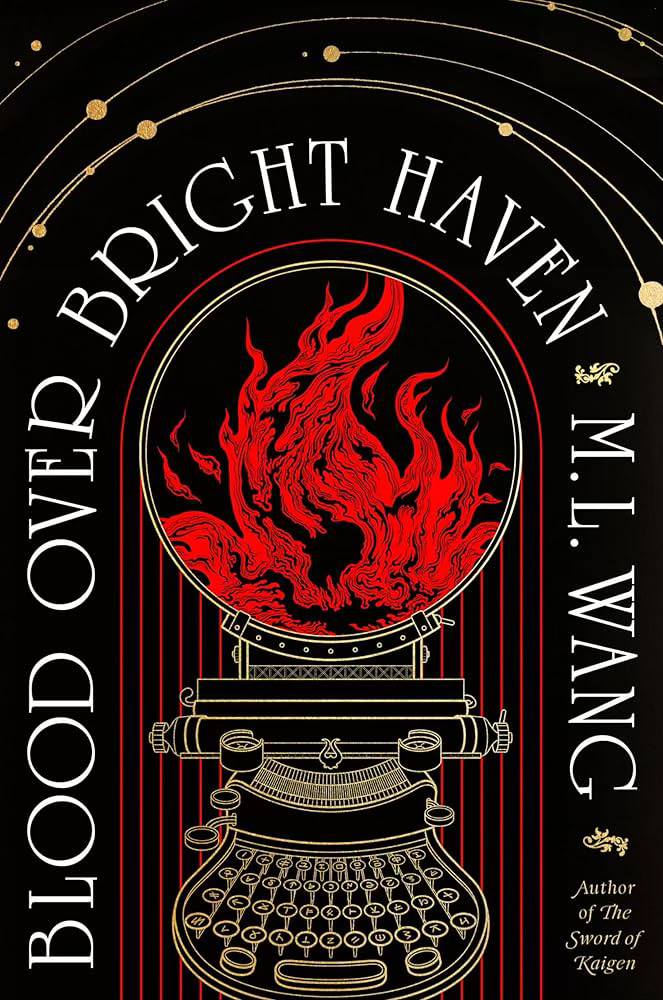
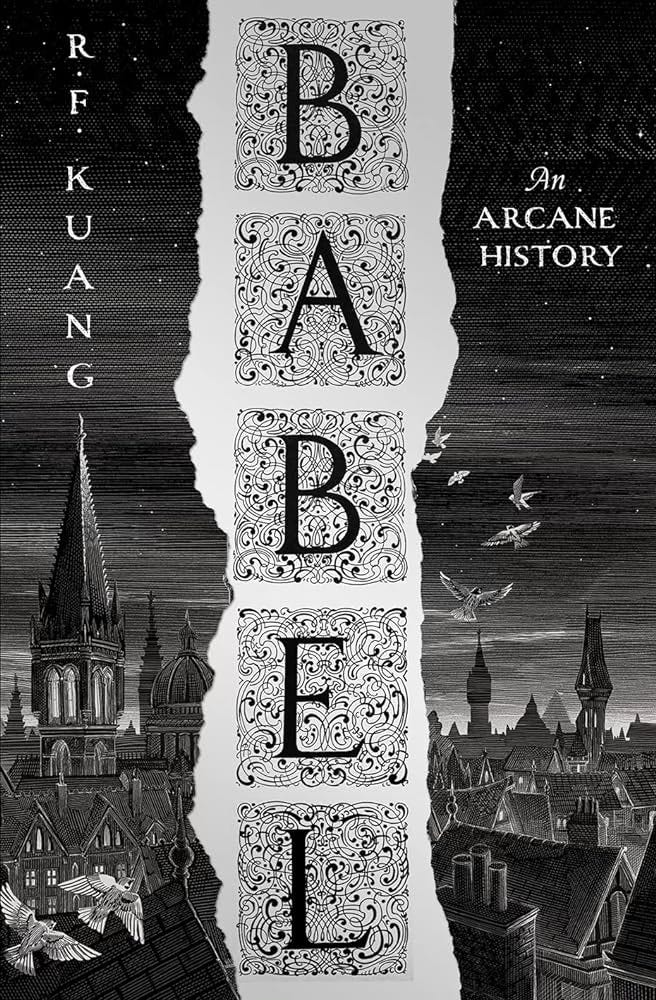
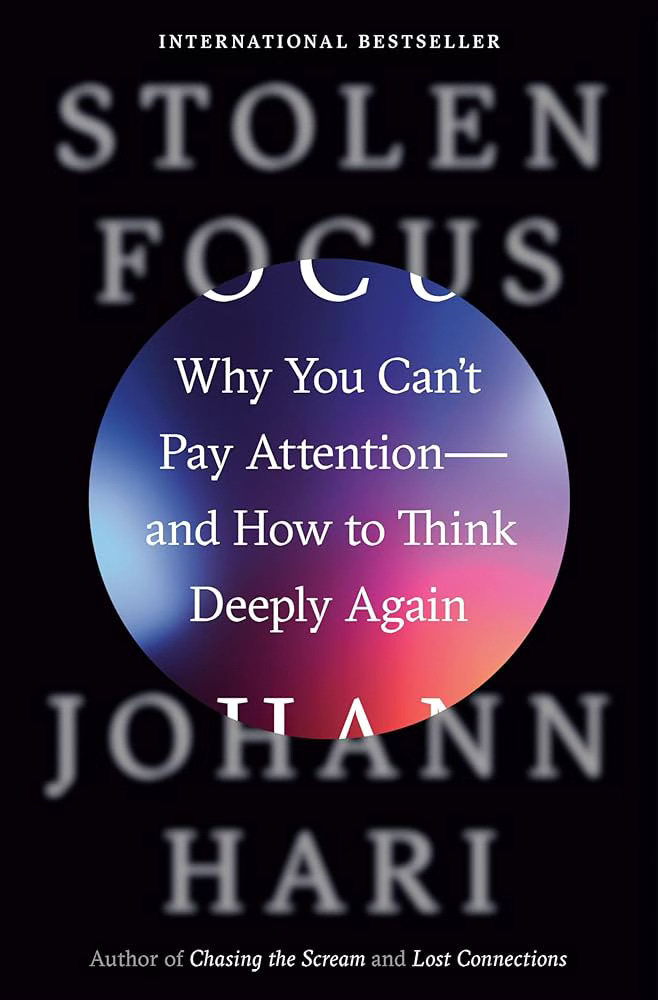
Your wrap-ups are inspirational to anyone wanting to step out of their reading comfort zone to seek literary adventures. Can’t wait to read about what you are reading next!